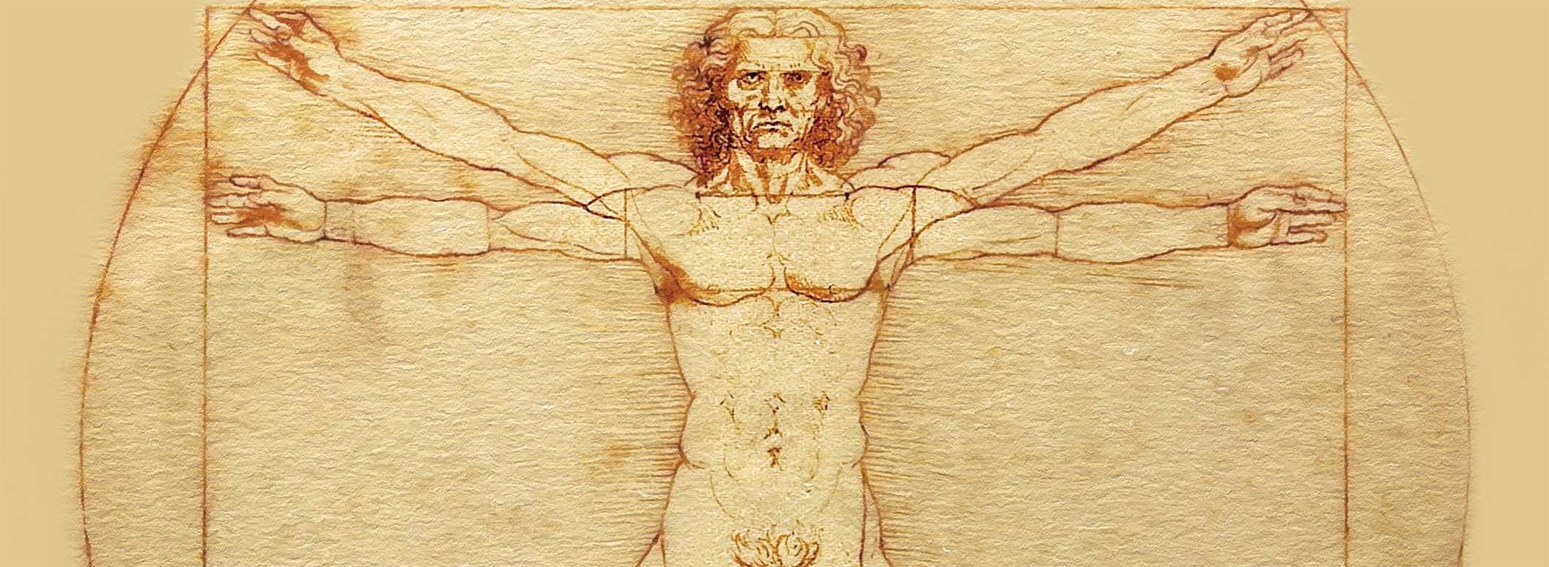Transforming Research Methods in the Humanities is a network of three PhD studentships. The network comprises three interrelated projects which seek to explore methods that are emergent within their home disciplines as well as potentially transformative for research in the arts and humanities. The methods will enable us to answer research questions central to the humanities that cannot be answered by using traditional humanities research methods.
Project 1: Ontology and the Investigation of Language, Ethnicity and Identity
Student:
- Irene-Chen Shen
Supervisors:
- Professor Susan Fitzmaurice, School of English, Faculty of Arts & Humanities
- Dr Ben Rutter, Department of Human Communication Sciences, Faculty of Medicine, Dentistry and Health
The aim of the project is to enable humanities scholars to analyse large quantities of recorded speech to investigate questions of ethnicity, geography and identity, questions that dominate humanities research of complex, mobile and diverse speech communities. This project would be aligned with qualitative social sciences research involving the integration of multiple data sources. However, the status and accessibility of audio data remain highly problematic for developing rich accounts of individuals’ as well as communities’ repertoires of linguistic performance in complex social contexts. The studentship will develop a project using the exploration of audio materials consisting of interviews in local Englishes with scores of young Zimbabweans of different social and language backgrounds, in order to capture and account for the richness and complexity of the social reality behind the materials. The studentship might involve taking an ontology-based approach to the audio material with the aim of creating an ontology developed specifically for this body of material. The work might also involve the application of techniques for visualising linguistic data in order to examine and interpret patterns of language use and innovation in the speech community represented by the speakers, although the supervisory team wishes to maintain a broad scope to the project and invite the student to bring a specific focus to the project.
Project 2: Social Media in Latin America
Student:
- Rupert Knox
Supervisors:
- Dr Peter Watt, Hispanic Studies, School of Languages & Cultures, Faculty of Arts & Humanities
- Dr Bridgette Wessels, Sociological Studies, Faculty of Social Sciences
The aim of this project is to explore the relationship between social media and the emergence of new political movements in Mexico. This research project will shed light on the importance of social media such as the Internet, Twitter and YouTube to the appearance of pro-democracy movements which are increasingly challenging and undermining traditional forms of state and political organisation. The student will be encouraged to shape the focus of their research within the broad subject area, drawing upon social research methodologies and social media visualisation techniques that are commonplace within the social sciences but unfamiliar within humanities research.
Project 3: 3D Structure-From-Motion in Archaeology
Student:
- Courtenay-Elle Crichton-Turley
Supervisors:
- Dr Hugh Willmott, Archaeology, Faculty of Arts & Humanities
- Dr Steve Maddock, Computer Science, Faculty of Engineering
This project involves the exploration of structure-from-motion 3D technology for use in rendering 2D photographs of archaeological data. The project affords the opportunity to test the accuracy of the technology as a reliable means of reconstructing landscapes and artefacts for scholarly study and public dissemination, since inaccuracies in detail and scale distort analysis. Structure-from-motion is developing in an ad hoc way as an emerging technology for digital capture in the Computer Science field of computer vision. This studentship proposes to use the digital capture of archaeological artefacts as a means for testing its current limits and value, developing better algorithms and establishing the benchmarks and professional guidance that are necessary if the technology is to be used for serious scientific research.
Network Coordinators
- Professor Susan Fitzmaurice (School of English – University of Sheffield)
- Michael Pidd (The Digital Humanities Institute – University of Sheffield)
